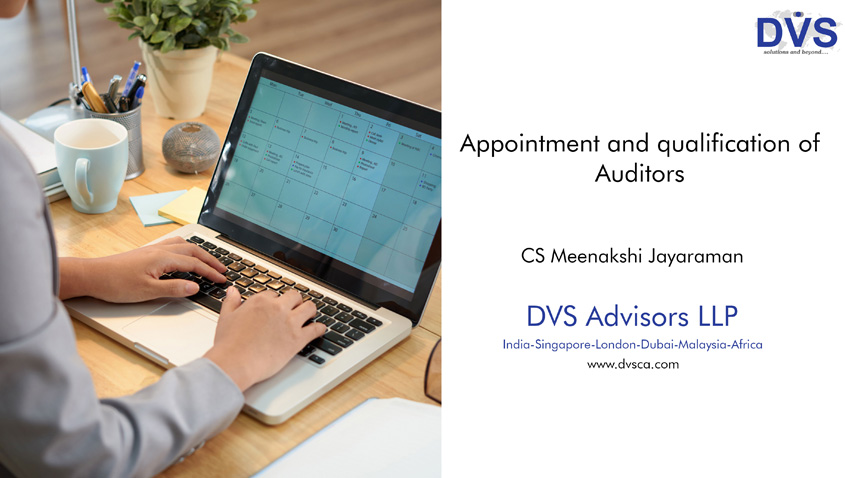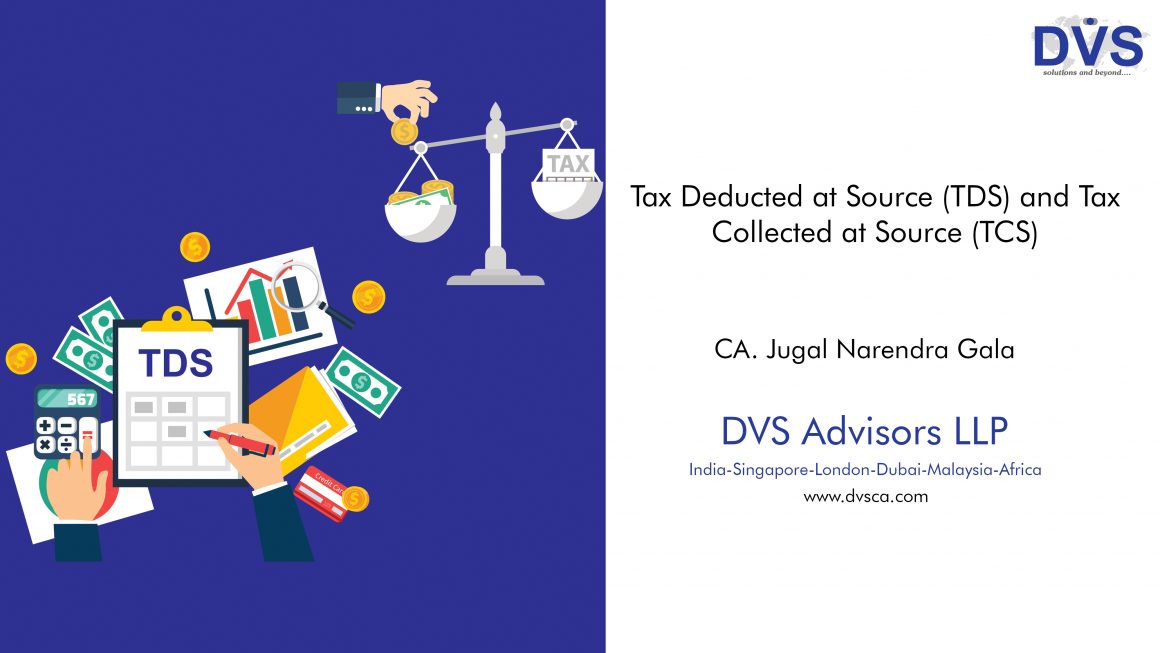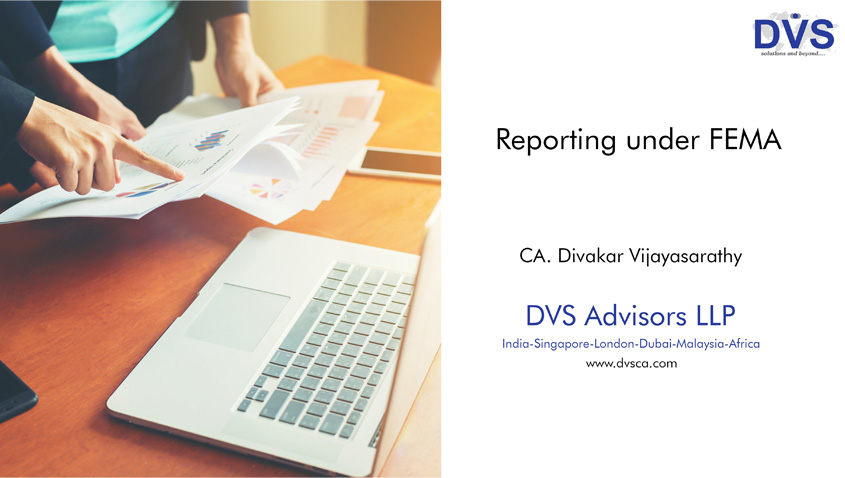Under the existing provisions, subsidy or grant or cash incentive or duty drawback or waiver or concession or reimbursement provided by the Central Government or a State Government or any authority or body or agency in cash or kind to the assessee is taxable.
It is proposed to provide that subsidy or grant provided by the Central Government for the purpose of corpus of a trust or institution established by the Central Government or State Government shall not form part of total income and shall be exempt
The above amendment is to save trusts and institutions which are specially formed for operationalizing certain government scheme from levy of taxes
The amendment shall be applicable from assessment year 2017-18 and for subsequent years.























